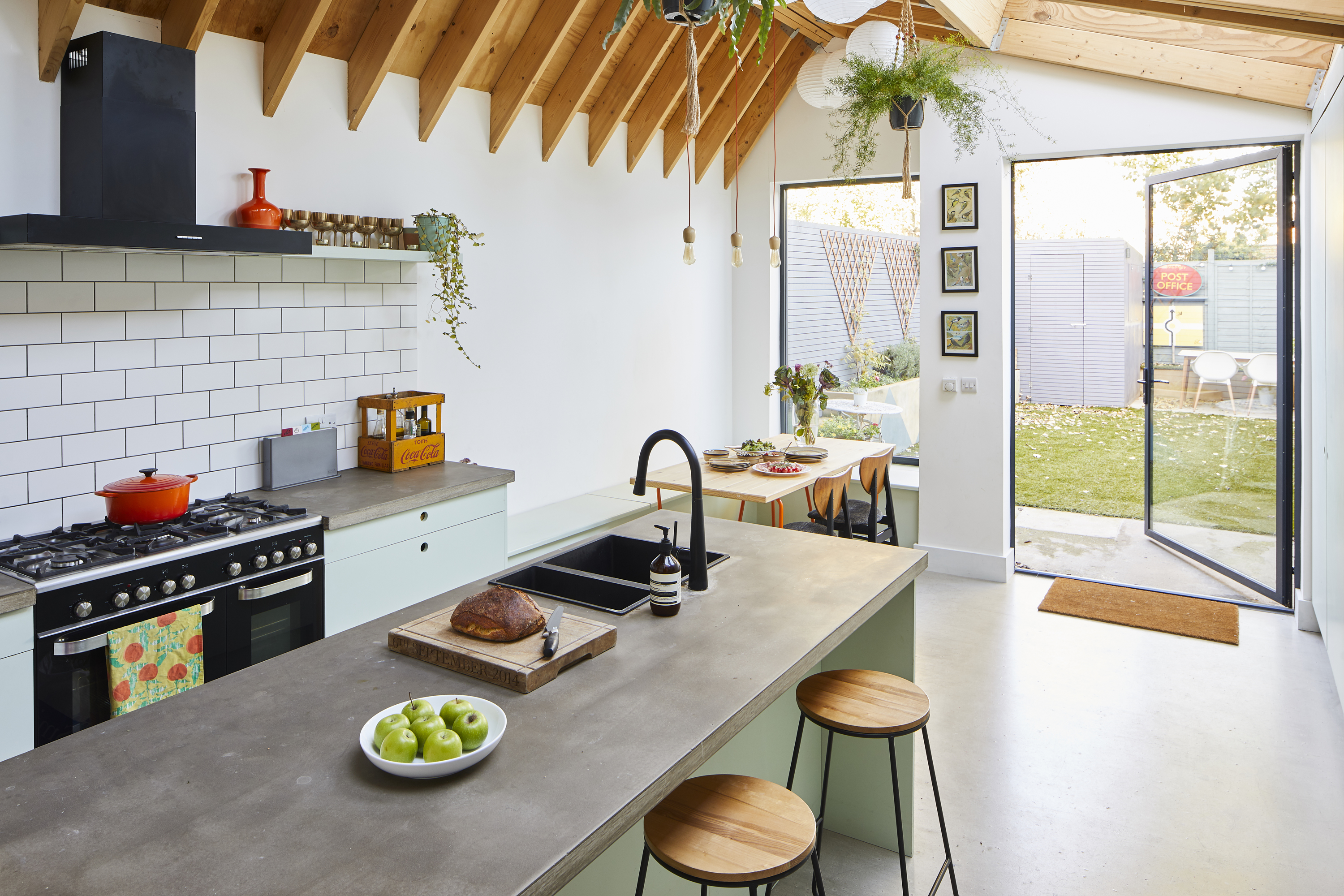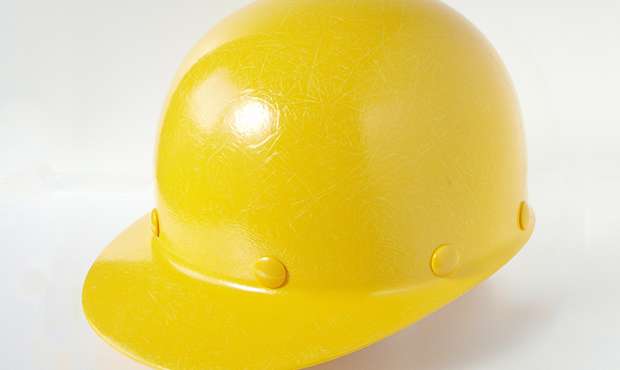

Planning a project and looking to keep costs down? We hear you. One way to significantly reduce your costs is to be your own project manager. While this brings clear financial benefits, you must face up to the fact that managing a project is a massive, yes massive, job, which shouldn't be underestimated. We're going to delve into what this means so you can weigh up the pros and cons and decide whether you're up for the challenge, or whether a professional will be well worth the money.
Don't miss the latest episode of the Real Homes Show, where renovation expert Jason Orme advises a reader who's considering taking on the project manager role herself....
What is a project manager?
A project manager does exactly what it says on the tin, and then some. A project manager must have top-notch organisational skills, as they're the person who will be in charge of hiring, briefing, organising and (hopefully not) firing tradespeople. They also need to know each and every precise detail of the project, be on-site, close-by or contactable on a daily basis, liaise with the local authority's planning department, ensure materials arrive on time and store them in the correct conditions, not to mention pay your tradespeople, deal with the neighbours and keep the site tidy and safe. It's a big job, so you can see why it's expensive to pay someone else to take the load.
How to project manage an extension or renovation
How to project manage your kitchen renovation
Pros of being your own project manager
Why taking the role on yourself could be the best way to go...
1. You can make great savings
Taking on the organisational work yourself means that you can save around 10–15 per cent of the overall cost, which is, of course, a pretty hefty amount. This is the main reason why people take on the role of project manager themselves, and means the money saved can be put towards materials and labour.
2. You can choose your own team
While it can be a lengthy and daunting process, finding and selecting every tradesperson yourself means you're hiring people you trust. You're likely to be spending a lot of time working with these people, so it's important that you a) trust them to do a good job and b) can get along with them and have a friendly rapport.
While it may not seem like the most important thing, tradespeople who annoy your neighbours with their radio or walk mud up your stairs will not make for a happy team.
3. You're in control of every step
A renovation project is probably one of the most expensive and impactful things you can do for your family, so having a real say every step of the way allows you to put your mark on the building where you're going to spend your most precious moments. If you're a stickler for detail, you'll be the one who decides if it's worth extending the island at the last minute to prevent waste, or if the tiles that arrived in the wrong colour will actually look better than the ones you'd ordered.
4. You can take pride in your creation
There's something amazing about being able to step back from your completed home and say, 'I did that.' Being so close to your project and being a part of every finer detail means that you can take great satisfaction in what you've achieved. This feeling may rest with the project manager if you decide to hire a pro. Warning: being so close to your project and (inevitably) loving the result may mean you will never, ever move out.
Cons of being your own project manager
Why managing your own project could do more harm than good...
1. It may take longer
A project manager is a full time role, which many people attempt to do alongside their full-time job. While having a flexible occupation and being able to work from home can be a huge help, with just not enough hours in the day, this undeniably means things get done slower. The project could end up taking an extra few weeks, if not months, to be completed. If it's speed you need, a professional may be your best option.
2. Mistakes are more likely
If you're not a professional construction project manager and you've never done this before, it's highly likely that somewhere down the line something is going to go wrong. Whether it's not ordering enough bricks or accidentally letting your materials get ruined in the rain, small innocent mistakes on your part can lead to detrimental, costly and time-consuming disruption for you and your tradespeople.
3. Heart over head
A benefit of hiring a project manager is that, ultimately, it's not their home. This means they'll see things with a clear, less biased head and may be able to make more financially savvy, quick decisions, as they don't have the pressure on their shoulders of this being their forever family home. While it's great to know exactly what you want, a steer from someone who's done this hundreds of times could make you reconsider your desire to wait three weeks for those specific tiles from abroad for example. Following your heart can be costly...
4. It's all down to you
Taking on a project can be overwhelming. Disrupting yours and your family's home is stressful even at the best of times, but juggling several different jobs, coping with setbacks, having the responsibility of making every single decision and being constantly on call for problems or tricky questions can be exhausting. And this is just the big stuff. All the in-between 'small' tasks that you'd never thought about will fall onto you.
From unloading materials, to sweeping floors, keeping the site secure and prepping the area for the next tradesperson, the role is sometimes referred to as a 'site janitor.' If you're not prepared to get stuck in, this isn't a role for you!
More on project management:
Join our newsletter
Get small space home decor ideas, celeb inspiration, DIY tips and more, straight to your inbox!

After joining Real Homes as content producer in 2016, Amelia has taken on several different roles and is now content editor. She specializes in style and decorating features and loves nothing more than finding the most beautiful new furniture, fabrics and accessories and sharing them with our readers. As a newbie London renter, Amelia’s loving exploring the big city and mooching around vintage markets to kit out her new home.
-
 Project managing an extension or renovation yourself – what's involved
Project managing an extension or renovation yourself – what's involvedIf you're project managing an extension or renovation yourself – we can help. There's more responsibility involved, but with our expert advice, you'll come out on top and save money in the process
By Lucy Searle
-
 Renovating a house? Know your health and safety responsibilities on site
Renovating a house? Know your health and safety responsibilities on siteIf you’re a project manager, ensure your building site is safe for you and all trades by following the regulations
-
 Hiring a building project team
Hiring a building project teamExperienced renovator Michael Holmes explains the importance of working with a professional team for your home improvement project
By Michael Holmes
-
 How to work with an architect
How to work with an architectWhether you’re extending or renovating, a good relationship with your architect is key. Follow architect Melanie Clear's expert advice for project success